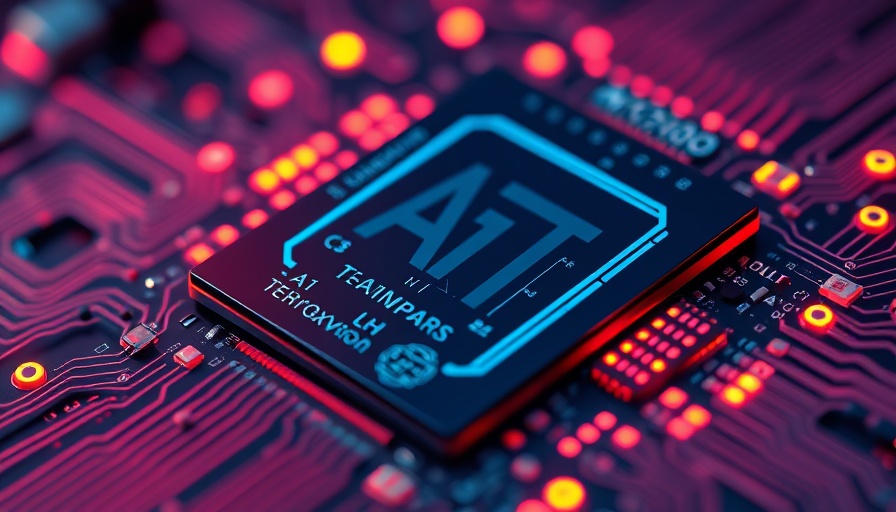
AI's Impact on Indian Academic Researchers
The quiet revolution of artificial intelligence (AI) is reshaping the landscape of academia in India. As we enter 2024, the integration of AI tools is becoming essential for researchers seeking to enhance their scholarly work. A pivotal example comes from a team at the Indian Institute of Science (IISc), which has developed machine learning techniques capable of predicting material properties such as electronic band gaps. This innovative approach is just one of many illustrating how AI is not a distant concept but a current reality influencing research outcomes in diverse fields.
Empowering Researchers Through Technology
AI is shifting from being perceived as a mere tool to becoming a core collaborator in research processes. This transformation is particularly prominent among Indian academics. A 2023 survey by Elsevier revealed that 37% of early career researchers in Asia are utilizing AI-based platforms for literature summarization and question formation. Not only does this signify a growing dependence on AI, but it also underscores its potential to revolutionize the research paradigms in India.
Bridging Institutional Gaps for Future Innovators
Despite the increasing output in India’s research arena, obstacles such as limited access to experienced mentorship and financial constraints continue to pose significant challenges. AI presents a solution by enhancing accessibility to advanced tools, thus leveling the playing field for aspiring researchers and students. These advances may work towards removing infrastructural barriers that have previously hindered robust research capabilities.
Transforming National Schemes with AI Integration
AI can also revitalize existing national initiatives like the One Nation One Subscription (ONOS) program. By evolving from a static academic content repository into an interactive research companion, ONOS can offer personalized literature discoveries and automated content organization. This advancement will not only streamline navigation through academic resources but significantly boost research efficiency across India’s educational institutions.
Ethical Considerations in AI Adoption
As technology further intertwines with education, the ethics surrounding the use of AI tools must not be overlooked. It becomes essential for institutions and policymakers to initiate dialogues concerning the responsible implementation of such technologies. With the rise of AI literacy, faculty and researchers should be prepared not only to utilize these innovative tools but also to uphold academic integrity and fairness in their applications.
The Role of Institutions in Guiding Ethical AI Practices
In acknowledging these ethical concerns, the University Grants Commission (UGC) is taking proactive steps towards incorporating AI literacy in educational programs. Recognizing that teaching responsible AI usage will push the envelope of innovation while protecting student and researcher interests is a crucial step in maintaining the integrity of academic pursuits.
The Road Ahead for Indian Academia
The infusion of AI into academia clearly represents an evolutionary phase in how research is conducted and knowledge is disseminated. For educators and researchers, the ability to adapt and innovate will determine the progressiveness of India's academic ecosystem in the face of changing technologies. In harnessing the potential of AI thoughtfully, institutions can empower the next generation of researchers to not only thrive in their fields but also contribute to a more equitable scholarly environment.
Whether you are a student, a seasoned researcher, or an academic institution, understanding AI's transformative potential is crucial. Start embracing these changes and consider integrating AI tools into your research or educational practices. For additional resources on AI integration, you might consider exploring prompt2human.com to fine-tune your AI tools effectively.
 Add Row
Add Row  Add
Add 




 Add Row
Add Row  Add
Add 

Write A Comment